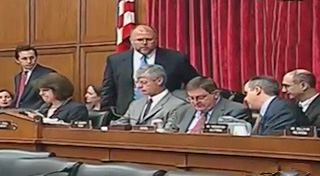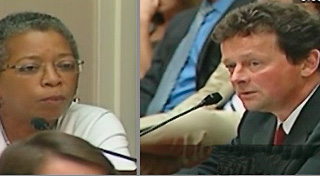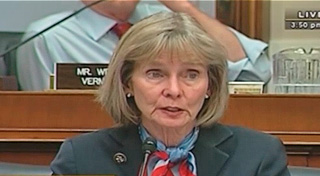Audiovisual resource
Activity 6 BP oil spill
Watch the videos BP Oil Spill – Tony Hayward’s Testimony Part 1 (2010–7), about the catastrophic BP oil spillage in the Gulf of Mexico in 2010. BP’s reputation and that of its executives were enormously damaged by this operational failure, particularly in the US.

Transcript: BP Oil Spill – Part 1

Transcript: BP Oil Spill – Part 2
BP Oil Spill – Part 2

Transcript: BP Oil Spill – Part 3
BP Oil Spill – Part 3
What do you think were the immediate and long-term financial consequences to BP of this episode? You may want to note down and save your thoughts in the note box provided below.
Answer
The direct costs to BP of the oil spill in 2010 relate to the repair work and the cleaning up of the Gulf of Mexico. Additionally, BP faced fines for the spillage and claims for compensation from organisations – particularly marine organisations – whose business was adversely affected by the disaster. How far BP will be able to offset these direct costs, estimated as being of the order of $40 billion to $60 billion, by sharing the financial burden with its contractors or insurers is currently unclear.
Read more in this news story [Tip: hold Ctrl and click a link to open it in a new tab. (Hide tip)] .
One immediate impact was a fall in BP’s share price from 650 pence in March 2010 to 300 pence in June 2010 – although subsequently the share price has recovered and stands (in January 2012) at 476 pence. Clearly this means that raising finance through equity issues would be more costly to BP now than in early 2010, before the spillage. Additionally, the cut in BP’s credit rating by the credit rating agency Standard & Poor’s would have slightly increased the cost of borrowing money from the financial markets.
Over the longer term it will be interesting to see the impact of the reputational damage to BP on its business – particularly in the US and especially in its retailing operations (i.e. petrol stations). As consumers become increasingly environmentally conscious, BP may suffer over the medium-term in the same way that the oil company Exxon did after its oil spill in Alaska in 1989.
